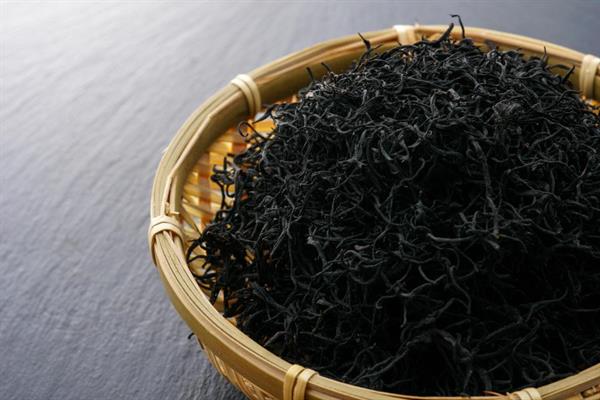
HIJIKI FOR YOUR HEALTH
It is hijiki, and the flavorful, versatile seaweed can be a part of many different dishes. Like other seaweeds, it is also very healthy, providing a number of health benefits and important nutrients.
What Is Hijiki?
When hijiki is first harvested from the waters along the coastlines of China, Japan, and Korea, the seaweed ranges in color from dark green to brown, and resembles a fibrous clump. Before it is ready to be consumed, it undergoes a drying process.
Health Benefits
For starters, hijiki is very high in dietary fiber, and also contains large amounts of essential vitamins and nutrients, including vitamin K, iron, calcium, iodine, and magnesium.
As many leafy green vegetables help to improve digestive health, so too does this marvelously healthy seaweed. The high presence of dietary fiber keeps your digestive process running smoothly. Because hijiki is also low in calories, it serves to keep cholesterol levels in check. Additionally, consuming it regularly helps to balance insulin and glucose levels.
Hijiki is a major ingredient in Hippocrates Organic Powdered Sea Vegetables Unique Designer Blend.

